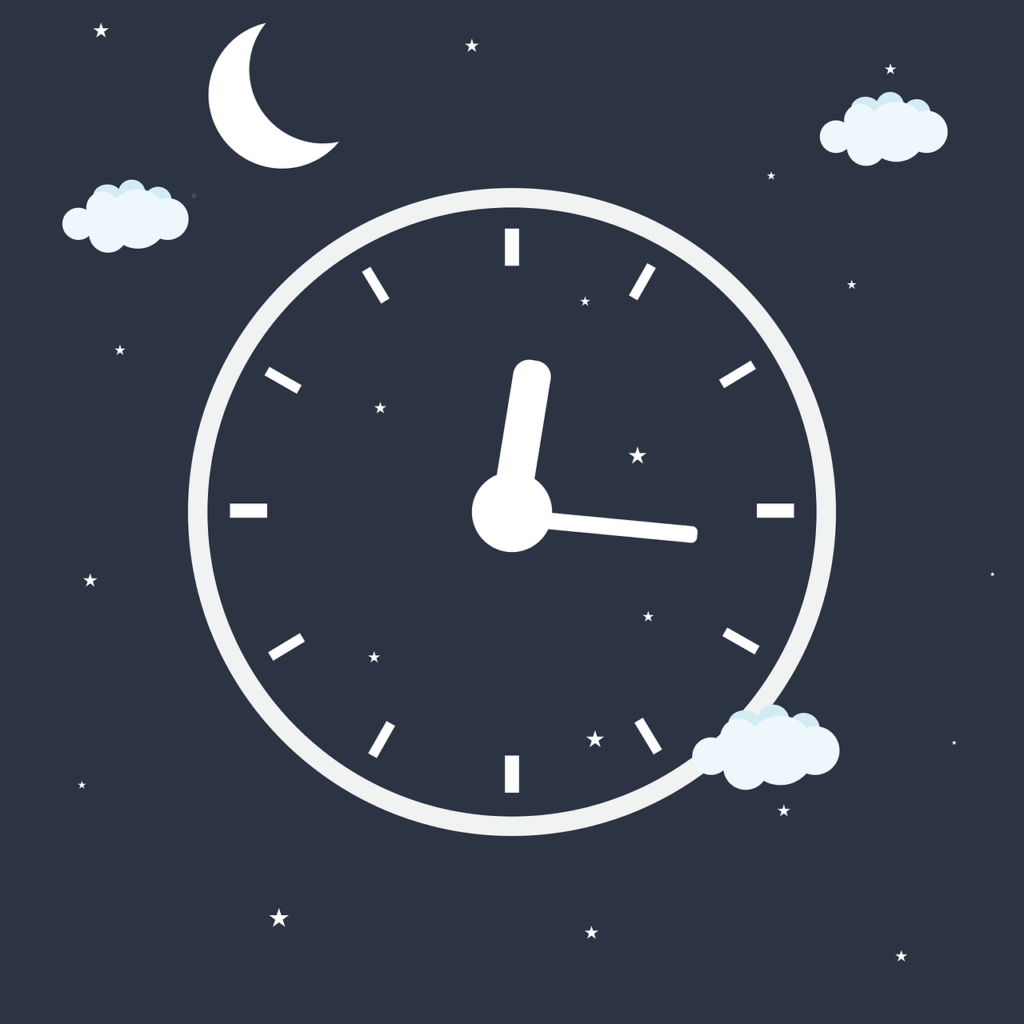What is insomnia?
Insomnia is having problems with your sleep. It can be either having difficulty falling asleep, staying asleep, or both. You would also not feel rested when you wake up.
What are the symptoms of insomnia?
If you have insomnia, you will frequently have trouble falling or staying asleep, feeling tired during the day, forgetting things, feeling anxious, irritable, or depressed. Insomnia may affect your work and relationships. You may also find yourself making mistakes or have accidents more than is typical. You may also find yourself worrying about your sleep and not able to think clearly.
How is insomnia diagnosed?
Most people don’t need any tests for insomnia. The diagnosis is most likely made based on your story and clinical history. Sometimes your doctor may ask you to keep a daily log of your sleep times for one or two weeks. For some people, additional testing might be needed. Tests may include getting a sleep study in a sleep laboratory. Actigraphy is a motion detection device that you may need to wear on your wrist, and it can record how much sleep you got and when.
What can I do to help my insomnia?
You can follow what is called sleep hygiene, including the following:
- Avoid caffeine products such as coffee or tea in the late afternoon or evenings.
- Avoid alcohol in the late afternoon or evenings. Alcohol can lead to having a low quality of sleep.
- Avoid smoking, especially late afternoon and evenings.
- Avoid stressful situations, arguments, stressful work in the evenings.
- Avoid forcing yourself to sleep; if you’re unable to sleep, get out of bed and try again later.
- Avoid looking at your phone, watching TV, and other electronics close to your bedtime. Try reading a book.
- Try to have the same time going to sleep and getting out of bed in the morning.
- Try to keep your room quiet, on the cold side, and dark.
- Try to keep the room out of things related to work or anything else that may cause you to be stressed.
- Try to exercise several days a week, but avoid exercising close to your bedtime.
What is the treatment for insomnia?
Besides what was discussed above, you may need to start some form of relaxation therapy or work with a psychologist or a counselor who treats insomnia problems. Insomnia might be caused by depression and anxiety. For these problems, your doctor may prescribe you an antidepressant or a medication that can treat anxiety. Some medicines can help with insomnia as well, but you should only try them after exhausting the other efforts mentioned above as you may become dependent.
Do you think you have Insomnia? Call our Pulmonary Clinic at (978) 254-4983 to get scheduled as soon as possible. Click here to Contact Us. If you are experiencing a medical emergency, please call 911.


